« Reviews
Ai Weiwei: Laundromat
Jeffrey Deitch Gallery - New York
By Taliesin Thomas
Among socially conscious artists meshing the dialogue concerning aesthetics with the controversial realm of international politics, Ai Weiwei (b. 1957, Beijing) is among the leading figures in the fight for justice. Highlighting the most urgent problems of our global society, Ai’s dogged dedication to freedom of expression and basic human rights remains unparalleled among his artistic peers. He continues to court worldwide attention for his engagement with social issues by way of remarkable art activities around the globe. This past fall, New York City hosted four gallery shows of Ai’s work: two at Mary Boone locations, one at Lisson Gallery and one at the recently reestablished Jeffrey Deitch Gallery. Among these exhibitions, “Ai Weiwei: Laundromat” at Deitch-a purely conceptual non-commercial exhibit-presented a meaningful installation that poignantly portrayed Ai’s latest artistic focus: the refugee crisis.
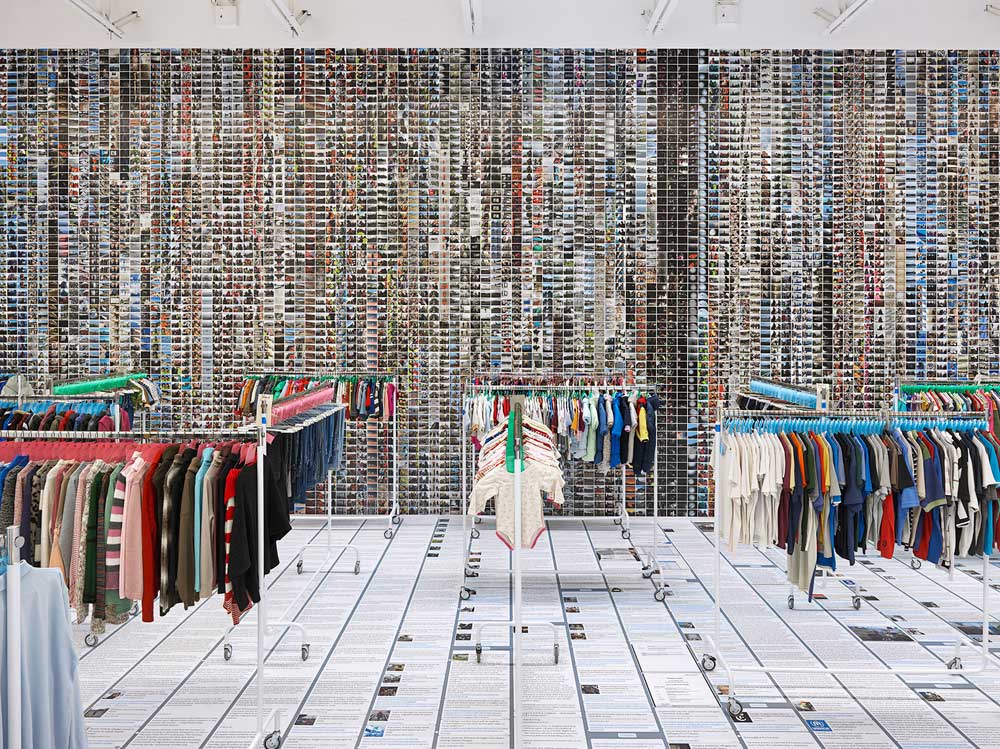
“Ai Weiwei: Laundromat” installation view, 2016. Photo: Genevieve Hanson. Courtesy Jeffrey Deitch Inc., New York.
By now, most of us are familiar with Ai’s blunt biography: the son of the revered poet Ai Qing (1910-1996) who was ousted by the Chinese Communist Party, Ai grew up as a detested outsider in the hinterland of northwest China. He eventually returned to his native Beijing to study film, though he dropped out of school and moved to New York, where he lived for a decade. Ai went back to China in the early 1990s and became active in the arts scene. He designed the Beijing Olympic Stadium in 2008, but later denounced his involvement while simultaneously rising to international stature in the art world. Ai was detained on dubious charges and kept under house arrest from 2011 to 2015. His story is now legendary to anyone even remotely plugged into the spheres of art and activism.
Over the past year, Ai has spent considerable time at the refugee camp at Idomeni on the border of Greece and the former Yugoslav Republic of Macedonia. There he has documented the deplorable conditions of thousands of stranded refugees whose lives have been completely turned upside down. Ai says his interest in documenting a refugee project began when he was living under domestic arrest after his 81-day detention in 2011. During those years, he participated in hundreds of exhibitions in absentia. For the 56th Venice Biennale (2015), the Ruya Foundation invited him to select a series of drawings for publication made by refugees living in the Shariya refugee camp in Iraq, which gave him the opportunity to become involved with the refugee situation from afar.
Ai first travelled to Berlin after his passport was returned by the Chinese authorities in July 2015; there, he met with refugees from Syria and began his journey following their path, which is carefully documented in the “Laundromat” exhibition at Deitch. The show consisted of five distinct “sub-installations” within one: floor-to-ceiling wallpaper comprised of thousands of photographs documenting refugees; a floor covered with hundreds of politically oriented news headlines and images, Tweets and Instagram posts; racks of clothing displaying hundreds of items, ranging from newborn onesies to adult jilabas; a lengthy row of assorted shoes; and a video segment chronicling the harsh realities of Ai’s travels to various refugee camps around Europe.
Ai says that when he first started filming at the Idomeni camp, he noticed people trying to change their clothes or wash their meager belongings. When the camps were relocated the refugees left behind piles of garments. Ai’s team negotiated with local officials, who agreed to let him take away clothes and shoes, all of which were “impossibly dirty,” according to the artist. He transported everything to his studio in Berlin, where his assistants carefully washed, dried, ironed and recorded each item. Ai refers to his “Laundromat” installation as a “Gesamtkunstwerk,“ or “total work of art”-the documentary footage, research, archiving of materials and presentation of these activities-all these elements represent the same effort. He sees this particular exhibit as a platform that allows the refugees a voice and offers testimony to their presence in the world. If “Laundromat” is any indication of the desperately muddled state of politics and humanity, we can respect Ai’s art as a powerful form of cleansing and care.
(November 5 - December 23, 2016)
Taliesin Thomas is a Brooklyn-based artist-philosopher, writer and lecturer working in the field of contemporary Chinese art. She is the founding director of AW Asia, New York. Thomas holds an M.A. in East Asian Studies from Columbia University and is currently a Ph.D. candidate in art theory and philosophy at the Institute for Doctoral Studies in the Visual Arts.
Filed Under: Reviews

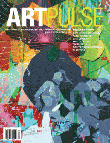
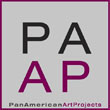
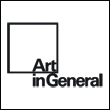
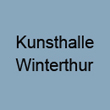
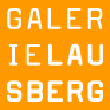
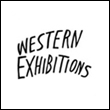
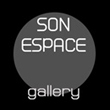
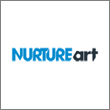

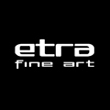

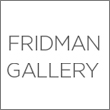
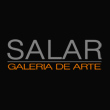
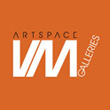
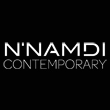
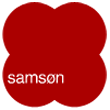
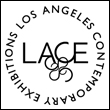
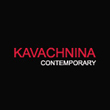


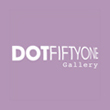
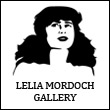
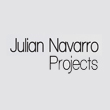
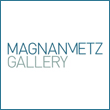
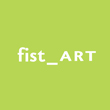

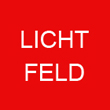
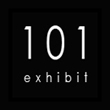
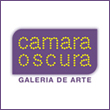
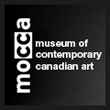
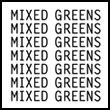
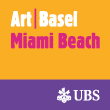
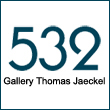
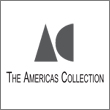
Leave a Reply
You must be logged in to post a comment.